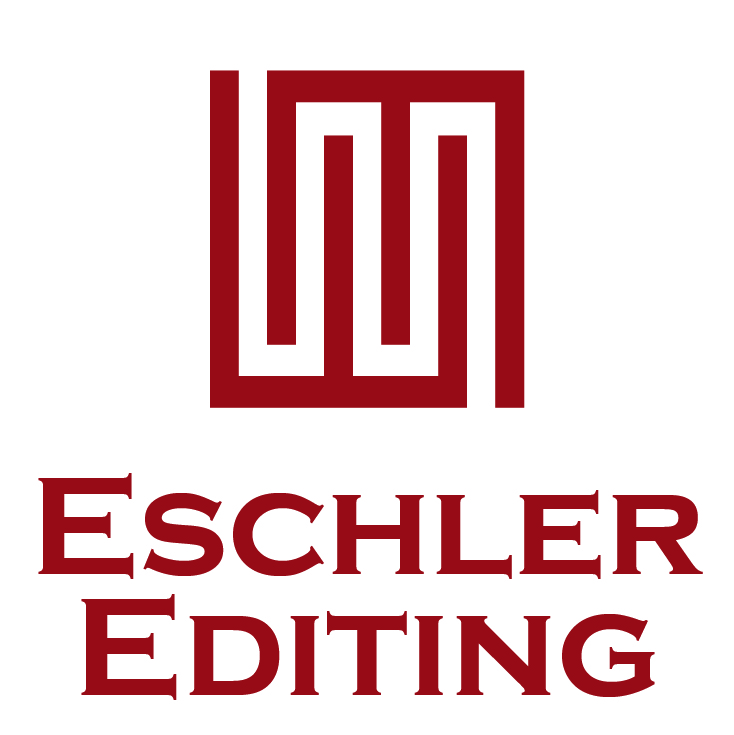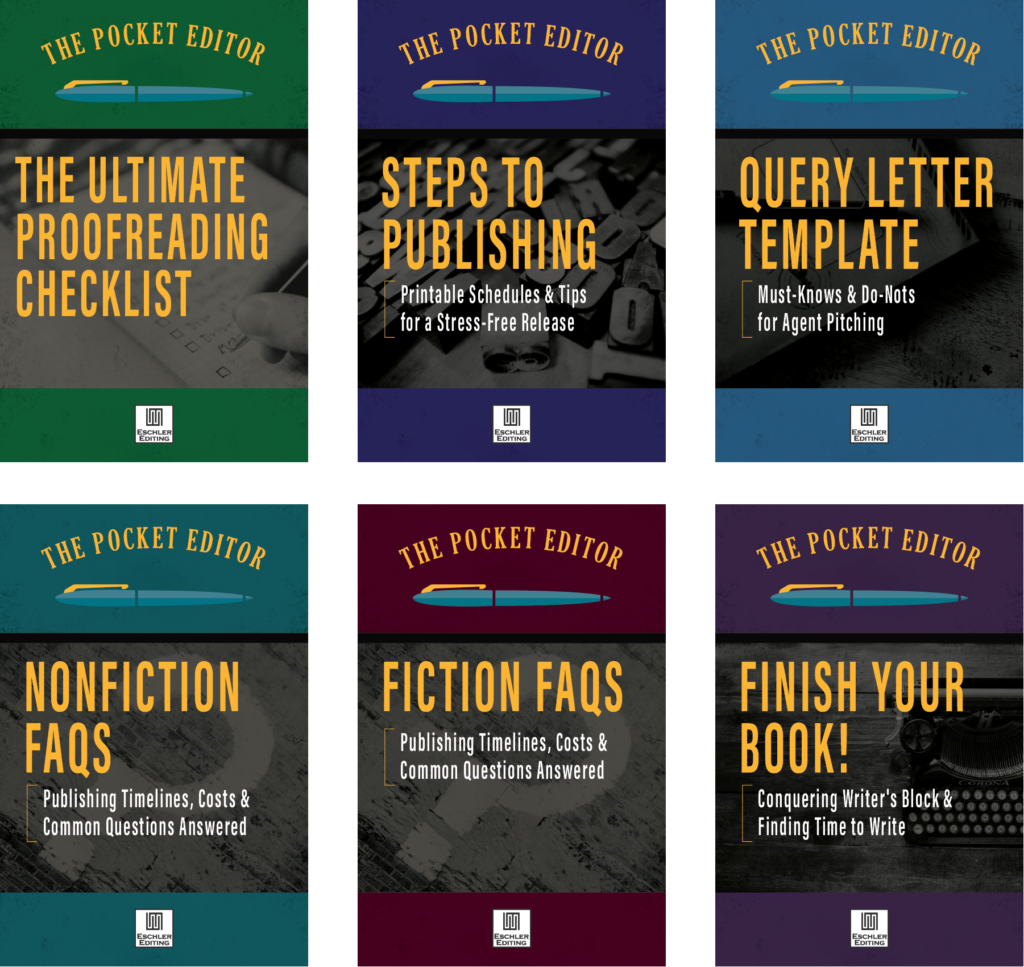by Emilee Newman Bowles and Lindsay Flanagan
The query letter. It’s your audition, your one shot at piquing an agent’s or editor’s interest so they want to see more. And it either thrills you to the tips of your fingers to write it or scares you to your very core. We’re guessing it’s the latter, but if it’s the former, well, you can let us know why in the comments below (insert laugh emoji).
We’ve also got an informative how-to blog on query letters for fiction, so hop over there if you’re writing novels. But if you’re writing nonfiction, this is Query Letter 101.
The Big Things
One big difference between query letters for fiction and nonfiction is that with nonfiction, you’re hoping to get the agent to ask for your proposal and sample chapters rather than a full manuscript (while in the past, nonfiction books were accepted based on the proposal and sample chapters, many nonfiction genres—especially memoir—now require the book to be complete and submitted for review before the publisher will accept it, so make sure you’re not too far off from completing the book before you query). Your query, then, can be thought of as a whittled-down version of your book proposal.
Easy enough? Then let’s move on to what every nonfiction query letter needs.
Personalize it for the agent or editor. You can have a template you work from, but don’t send the exact same query letter to every agent. Make sure you research what kinds of books they specialize in, and tailor your query letter accordingly. And address the letter to the agent or editor, not to a generic “to whom it may concern.” If you met an agent at a writing conference, include a brief note about it as you reintroduce yourself.
Give the stats on your book. You’ll want to answer these questions in the letter: Which nonfiction genre does your book fit into? What are the title and approximate final word count (if the manuscript is done; if not, include the length of your proposal)? You can mention if you’re proposing a series and include additional information, such as the names of people who will provide the foreword, blurb, or cover quotes if those people are well-known, influential, or have big platforms in your field and/or genre.
List the comparables. What this means is you give the agent or editor an idea of the other books yours would sit next to on a store or library shelf. This also helps the agent or editor get an idea of the audience you’re targeting. But a word of caution: just as in fiction, you don’t want to say you or your book are the “next big thing”—agents and editors know how rare a breakout success like that is, and comparing your book to such titles will look amateurish. Instead, find some popular titles that your book would realistically be shelved by, or whose readers would realistically and specifically find your content similarly interesting.
Who is your target audience? Make this as specific as possible. You want to show agents and editors you know who you’re writing to. Ask yourself, What benefit will these readers get from my book? This helps you narrow down your audience so you can tell agents and publishers who will want to buy your book. Avoid broad statements, such as “parents of rebellious children.” Be more specific: Are we talking parents currently raising a rebellious child? Or parents whose child has left the nest and who are struggling to rebuild a frayed relationship? Are you writing to parents of rebellious preteens or of those in the prime of adolescence? Narrowing this audience not only tells the agent or editor who you’re writing to, it helps you narrow your focus as you write the book.
Hook your reader. This brief description makes the agent or editor want to read your book. Take the time to make this the best it can be, because the hook isn’t just a description of your title and what your book is about—it’s a sample of your writing skill. It also shows how your book is salable and unique and how readers will benefit from it. “Unique” doesn’t just mean “different”—it includes what is known as “sizzle.”
A book that sizzles stands out from the crowd, setting itself apart from other works in its genre; it’s also truly and uniquely yours—your story or message told like no one else can tell it. A sizzling book is one that has never been done before (in some way), whether it’s the subject matter, the fresh angle on an old subject, or the method of research you used to gather the information to write it.
Not sure whether your book’s a sizzler? Ask yourself what special features or content it offers. What special research or investigation in it can’t be found anywhere else? (Side note: if your book isn’t sizzling, you may want to do a bit more research and outlining before sending a query so that it does, in fact, sizzle.)
Do you have a platform? Publishers want to know you can sell your book. More often than not, you’ll need established followers for a publisher to consider publishing your book. What this means is that before you query your book, you’ve begun gathering followers who are primed to buy your book. And this isn’t just those who follow you online—you’ll want to let the agent or editor know what you’re doing offline to gain visibility, too. So you won’t just say you have ten thousand followers—you’ll say you have ten thousand social media followers and that you’ve sold X amount of online courses, products, etc. You’ll also include how many lectures, speeches, or presentations you’ve given and who you’ve given them to, and not just “I give speeches and presentations.” You should note the size of the audiences and the geographical spread (not listing every single one, but a combined-data overview). For example: “I regularly speak to live crowds numbering 3,000 or more audience members and have done so, over the last three years, on a quarterly basis in at least 25 different states.” Again, be specific. You can also include information about a self-published edition of your book, if you have one, that will help sell the edition you’re proposing to publish traditionally.
Additionally, you’ll include some sort of promotion plan—your strategy for selling your book. Include details on what you’ve possibly already done, as well as what you’ll do both on- and offline. Just make sure your promotion plan is believable based on your platform size.
Who are you? Include a brief personal bio that shows what qualifies you to write this book—like education, publishing history, expertise in your subject, research you’ve conducted, professional recognitions, and any press you’ve received. You can include your websites and blogs if they are relevant to your book or area of expertise. Remember to include your name, phone number, and email so they can reach you.
Genre-Specific
Certain genres require a bit more information, such as memoir and narrative nonfiction. With these genres, you’ll want to include two or three sentences about the protagonist, their conflict, and the choices and stakes the protagonist faces. The protagonist of a memoir is you, the author, and the agent or editor will want to know a little about the person whose story they’ll be reading. It’s critical to include the protagonist’s central conflict and choices and stakes so they know the story is worth reading.
For example, in the acclaimed memoir Angela’s Ashes, the protagonist is Frank McCourt, whose conflict is how to survive in the slums of Ireland with a father who doesn’t work to provide for the family. Frank’s choices are to find ways to get food and other necessities or suffer hunger and death. The choices Frank makes include taking the one thing his father can give him—the art of storytelling—and nurturing it to be able to forgive and live to tell his own story.
Need help? Take a moment to read through author Jane Friedman’s advice on writing queries for memoirs.
Don’t Forget the Small Things
Sticking with to-the-point tactics and following industry formatting standards is a must. You don’t want to blow your chance at wowing an agent by alarming or overwhelming them with what you think are clever ways to stand out. The best way to stand out is to show the agent how your work fulfills their manuscript wish list.
Agents and editors expect you to research the industry standards for what your query letter needs, right down to formatting the document. So don’t give them any surprises because it can result in an immediate rejection. They have so many query letters coming at them they’ll look for any reason to reject one right up front.
Here’s a checklist of the small things you shouldn’t overlook (while you’re agonizing over the big things!):
- Do your research before querying. Sending a query letter to an agent or publisher who doesn’t work in your subject area is a waste of your time and theirs.
- Read the submission guidelines for each place you send a query letter—and follow them down to the last detail. Show your agent that respect and they will be in a better mood when they read your query.
- Use standard one-inch margins and a sensible font like Times New Roman (unless otherwise noted in the submission requirements). Your letter should also be single-spaced. Try to stick to one page, and don’t go over one and a half. Agents and publishers are busy, and you don’t want them to toss your letter aside because it’s too long.
- Don’t tell them who else you’ve submitted to. A list of rejections won’t entice them to accept your book, and simultaneous submissions are standard.
- Don’t tell them how great your writing is—show them by writing an awesome query letter!
One More Thing: Prepare for Rejection
You will be rejected—every great writer has been. Knowing this up front helps prepare you when you start receiving “sorry, not for us” emails. However, sometimes rejections aren’t because the book idea isn’t good but because
- the agent or editor isn’t sure how to sell it (so prove to them that you can)
- the audience is too small (show them how it can reach niche audiences but also has elements to expand)
- your book just isn’t unique enough (so make it sizzle)
Some authors collect their rejection letters as tokens, sort of like rites of passage, so that when they finally do get that coveted acceptance, they can look back at all the work they did to get to that point. Whether you choose to do this or choose to, well, burn them, just know that, like query letters and the books themselves, not all rejections are equal.
Do This Now
- Take a look at this list of query letter examples that worked.
- Review this post from Writer’s Digest on how to write a successful query letter for any genre.
- If you’re writing a memoir or narrative nonfiction, research what topics agents and editors tire of seeing.
- Read Elizabeth Lyon’s book on writing nonfiction book proposals.
- In case you missed it above, be sure to look at the must-read article about writing nonfiction query letters by Jane Friedman.
- You’ll want to know, and list, your best comparables so the agent has precedent for sales in your genre. Here’s a good place to get tips on doing that right.
- Check out our super handy query-letter template downloads—free!
Class dismissed!
If you don’t want to tackle writing your query letter or book proposal alone, why not contact us to help you write it? We can also help you compile a list of agents seeking manuscripts in your genre!







0 Comments